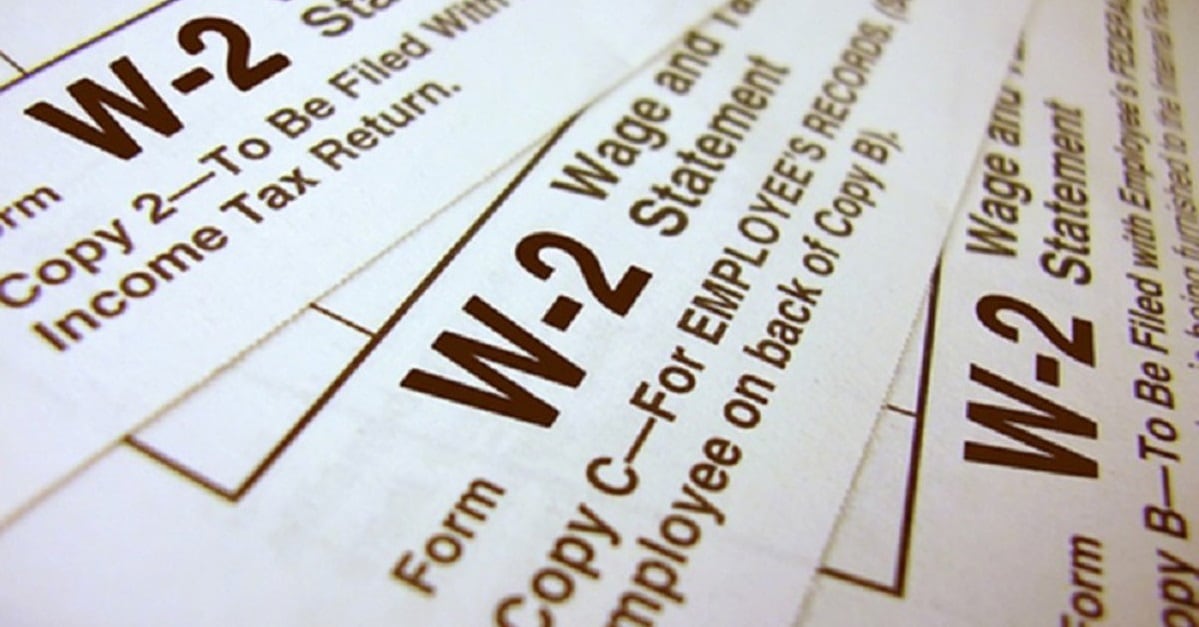Reserve and Guard members who travel less than 100 miles from home to military duty won’t be able to deduct any unreimbursed travel expenses thanks to the tax reform signed into law in December.
This won’t affect tax returns being filed this year, but will apply to all 2018 travel and to 2019 filings.
“The Tax Cuts and Jobs Act suspended all miscellaneous itemized deductions, which included the itemized deduction reserve-component members could take for unreimbursed employee expenses on Schedule A” of their Internal Revenue Service Form 1040, said Army Lt. Col. David Dulaney, executive director of the Armed Forces Tax Council.
Although itemized deductions will be suspended, the standard deduction will increase in tax year 2018 under the new law — from $6,350 to $12,000 for single taxpayers and from $12,700 to $24,000 for couples.
RELATED

“It would seem that most would probably come out better, but not all,” said John Goheen, spokesman for the National Guard Association of the United States. “The bottom line is this: NGAUS is not in favor of anything that forces National Guardsmen to dig further into their pockets to serve.”
While those who drill less than 100 miles away from their home won’t be able to take an itemized deduction and thus won’t have to keep records for tax purposes, Dulaney said, they must still keep those records to file for reimbursement from the Defense Department.
Even though National Guard members are authorized to be reimbursed for certain expenses traveling to duty, they may not always get reimbursed, said Frank Yoakum, a retired Army sergeant major who is executive director of the Enlisted Association of the National Guard of the United States.
Yoakum said he didn’t expect the move to affect retention.
“If it costs them out of pocket [to go to drill], they will find a way,” Yoakum said. “They may take it out of savings, they may go into debt. Will they be happy? No. Will it cause financial stress? Yes.”

Those who drill more than 100 miles from home still can deduct their unreimbursed expenses, within limits of the regular federal per diem rate, as an above-the-line adjustment to their gross income. In other words, they can deduct the entire amount of those expenses from the amount of their income that can be taxed.
These expenses are limited to the federal per diem rate for lodging, meals, and incidental expenses, and the standard mileage rate for car expenses, plus any parking fees, ferry fees and tolls.
For example, if a reservist made $60,000 last year from military pay and civilian pay and had $1,000 in unreimbursed travel expenses for drill duty more than 100 miles away from home, the gross income for tax purposes would be reduced to $59,000.
A lot of Guard and Reserve members don’t realize that this adjustment on their taxes is available, Dulaney said. For tax year 2017, these reservists can deduct unreimbursed expenses in two ways: The adjustment outlined above and as miscellaneous itemized deductions, if they have expenses in excess of amounts allowed in their adjustment.
Those miscellaneous itemized deductions go away in the 2018 tax year.
Karen has covered military families, quality of life and consumer issues for Military Times for more than 30 years, and is co-author of a chapter on media coverage of military families in the book "A Battle Plan for Supporting Military Families." She previously worked for newspapers in Guam, Norfolk, Jacksonville, Fla., and Athens, Ga.




